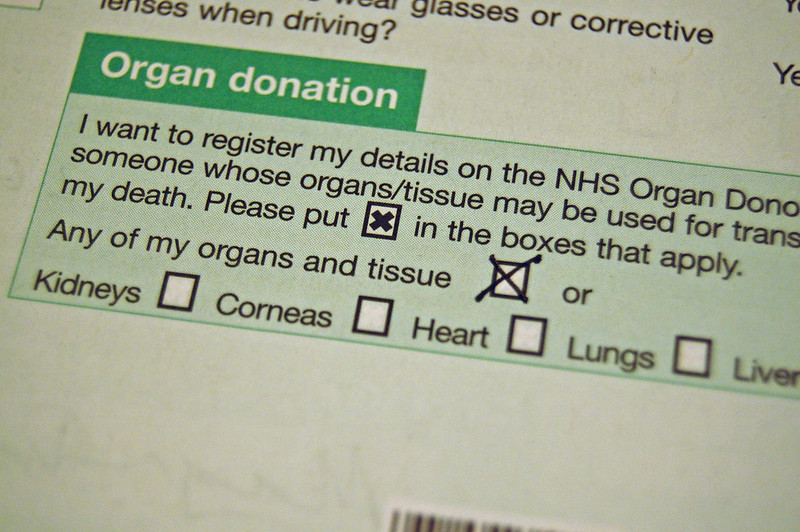
Whether you just passed your driver’s test or you are going back to the DMV to renew your license, you are bound to encounter the question “Would you like to be an organ donor?” on one of the many forms you’re asked to fill out. It can seem like a scary and morbid question at first, but I’m here to ease your anxiety, debunk common misconceptions about organ donation, and encourage everyone to answer “yes” during your next DMV visit.
Why is organ donation so important?
Here are some quick statistics:
21 people die everyday waiting for an organ in the United States, and there are currently over 107,380 men, women and children awaiting life-saving organ transplants (Cleveland Clinic). In the Greater Philadelphia region alone, there are about 5,000 people awaiting transplants, and every ten minutes another person is added onto the transplant list (Philadelphia Tribune). As a registered organ donor, your organs have the potential to be transplanted into sick patients at the time of your death and save up to 8 lives (Geisinger).
The lives of many sick patients depend on whether or not they are able to receive an organ transplant, and you have the power to do something about that.
Debunking Common Misconceptions
While 95% of Americans support organ donation, only 60% are actually registered organ donors (Integris). There are a lot of misconceptions out there that may deter people from registering to be a donor (even if they do support the cause), so I’m here to debunk some of the most common concerns I’ve heard.
First and foremost, your medical care will not be compromised if there is an “organ donor” identification on your medical chart — you will still receive the highest quality medical care, and healthcare professionals will put forth their best efforts to save your life if you are ever in critical condition in a hospital. The Gift of Life Donor Program states that “an individual must be in a hospital, on a ventilator and pronounced brain dead in order to donate organs. Gift of Life Donor Program is not notified until life-saving efforts have failed. The transplant team is not notified by Gift of Life until permission has been given by the deceased’s family.” Organ donation won’t even be in the picture until all life-resuscitating measures have been taken by your healthcare team, and your survival will always be the priority.
Additionally, don’t let your age or medical history discourage you from registering to be a donor – your organs could still be perfectly suitable for a recipient. Leave it up to the healthcare professionals to decide if your organs/tissues are suitable for donation after your death.
Finally, it ought to be made clear that you do not have to pay to register as an organ donor, and your family will not be charged for the cost of transplanting your organs. There’s no financial burden attached to registering as or being an organ donor.
How to Get Involved
As I mentioned before, your quadrennial trip to the DMV is a great time to register to be an organ donor, but there’s also no need to wait that long! You can use the following link to register to be an organ donor via the Donate Life PA website: https://donatelifepa.org/

